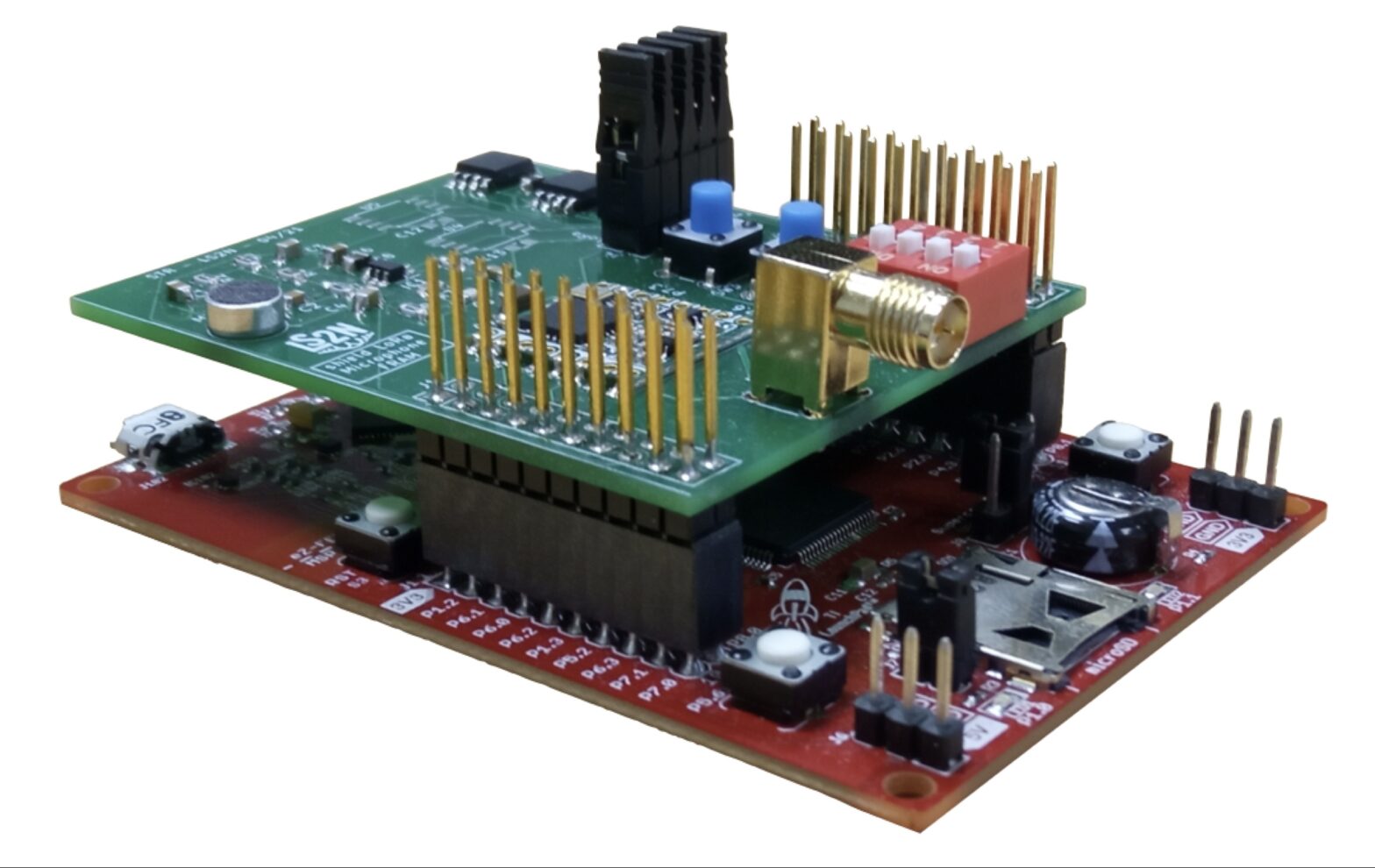The advent of intelligent and autonomous audio sensor architectures opens up the possibility of conducting extended statistical observation missions spanning multiple years. These sensors find wide-ranging applications, particularly in fields such as eco-acoustics
and urban noise monitoring.
In this context, the main aim of this PhD research is to customize “Tiny ML” for intermittent computing scenarios.
The primary objective is to use uncertainty quantification to save energy. The key idea is to promptly identify and discard
data unlikely to contribute to a clear classification. Conversely, the model should also recognize cases in which a confident result can be inferred early in the layers.
The second objective is to take advantage from the correlation between the rhythms in the energy source (i.e., the day–night cycle) and the activity patterns of the biological process of interest. The approach involves optimizing the scheduling of various processing tasks (data acquisition, computation, transmission) throughout a daily cycle, taking into account both the availability of energy and the known activity periods of the birds. One approach to develop this algorithm is to exploit Bayesian optimization techniques such as Gaussian processes and kriging.
The PhD student will be based at LS2N in Nantes and co-advised by Vincent Lostanlen, Sébastien Faucou, and Pierre-Emmanuel Hladik. It is part of an ANR-funded project named “Operating Within Limits” (OWL) which also includes research teams from Rennes and Lannion.
For more information and instructions on how to apply, please visit: https://uncloud.univ-nantes.fr/index.php/s/FBFjLEskXQp5iKC
